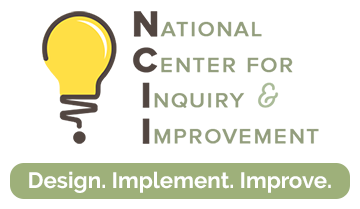Short-term engagements provide an infusion of expertise, insight, and energy to help colleges advance their strategic priorities or address sticking points in their redesign process. As with all NCII services, we customize short-term engagements to meet each college’s needs at its current point in the reform or design process.
These engagements often include facilitating critical college conversations. They always include helping colleges better engage faculty and staff to ensure a student-centered, data-informed approach to systemic change.
